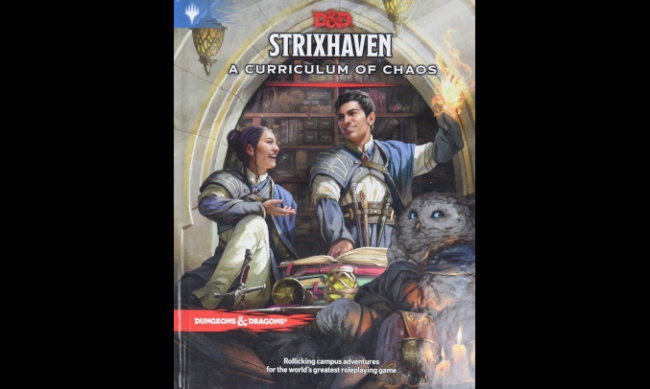ICv2 has published its latest quarterly hobby channel game rankings for Spring 2022. The Top 5 contains D&D twice (once from WotC, and once from third parties Goodman Games and Darrington Press/Critical Role), along with two licensed Hasbro (owner of WotC) properties, plus Pathfinder.

The chart is based on interviews with retailers, distributors, and manufacturers. As always you can see the compiled chart going back to 2004 here.

"RPGs are the story of the year so far," a hobby distributor told ICv2. "D&D’s king by leaps and bounds, don’t get me wrong, but the number of RPGs that were [significant contributors to] sales was 40 different brands."
The chart is based on interviews with retailers, distributors, and manufacturers. As always you can see the compiled chart going back to 2004 here.

